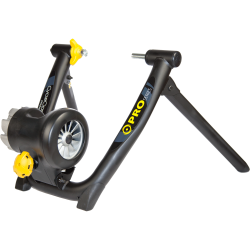Select Serotta Bikes/Frames on Sale Until November 14th!
Custom bikes almost never go on sale. In fact, in seven years we can’t remember seeing Serotta put their custom bikes on sale – until now. Save $1000-$1800 on select Serotta models when purchased as a complete bicycle. For details, click on the Serotta Sale link. To take advantage of the savings, call or e-mail one…


